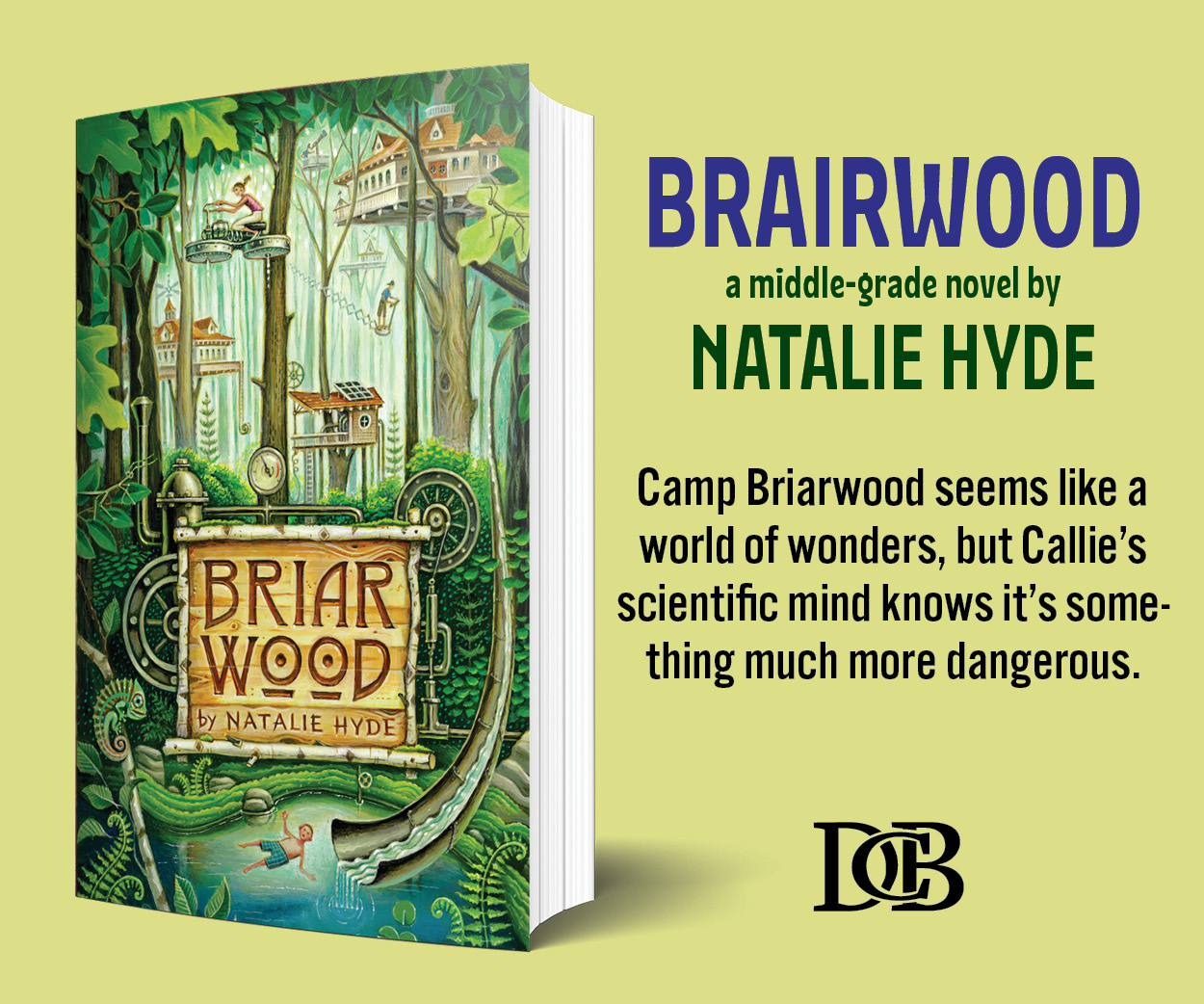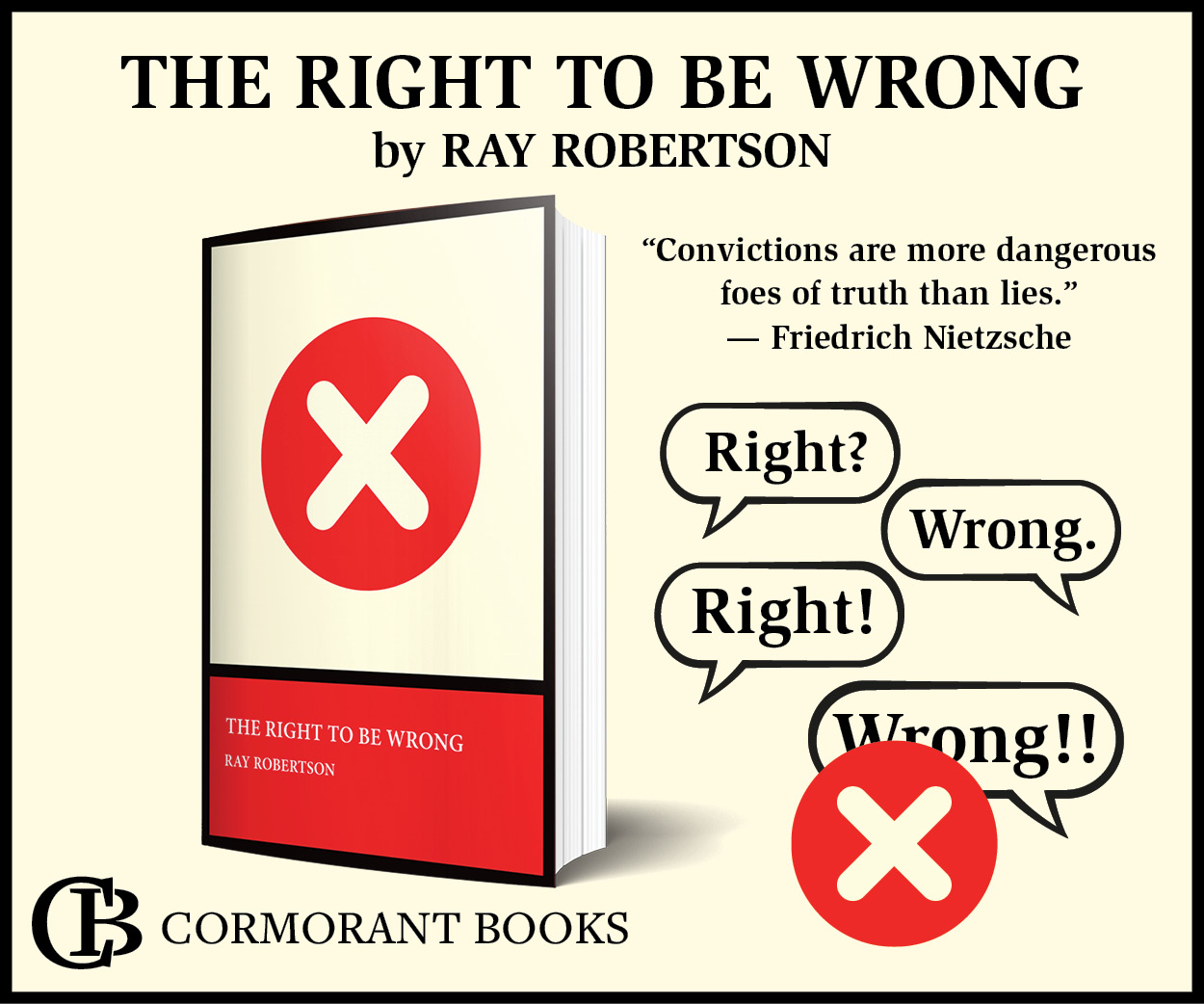Words in Isolation
By Ayesha Mumal
For many reasons, I felt conflicted about writing another pandemic piece. After the events of the last year, our everyday lives have been complete coloured by our experiences living in a pandemic. Despite the exhaustion that comes with reading about it, the pandemic has – against my will – become a crucial piece of my story and the story of many others. It’s a piece that, as much as I’m happy to start the first steps turning away from, I have no choice but to acknowledge. It’s how we landed in new cities with new friends, how we migrated home for the first time in years, and how we learned to rethink and reshape the definition of community.
Two months before I began my career change into publishing, the COVID-19 pandemic hit. At that time, I was clueless as to how this would alter the course of my life, let alone my career. I was living four hours away from every major publishing house in the country, everything was shut down, jobs were in crises, and I was already married the idea of leaving behind teaching to pursue working with books. In fact, I’d already made the leap to not renew my contract after much contemplation and fear. While there were much bigger and scarier things happening in the world, many people found themselves wrapped up in precarious nature of their employment status. I was no different.
In the midst of this uncertainty, I did what I always did: I turned to books and community. At first discouraged by the sheer distance and obstacles in my way, I committed myself to seeking out new ways to connect. Though the pandemic had brought an onslaught of terrifying problems, it also forced me to be creative, to innovate and find ways to build relationships in a time of isolation. Geographical barriers were no longer a consideration – whether it was two streets over or two provinces, there was a sudden and intense urgency to come together. In some ways, this ended up being one of the biggest support systems to help me through this time. All forged out of fear, necessity and the sudden awareness that throughout the course of our lives, we’d ended up taking for granted the magic of connection.
While many things were lost in the process, the pandemic became a hard reset for me. It challenged me to reevaluate my relationships and the ways in which I contributed and shaped the communities I belonged to. I helped create them, building friendships with people in another city through FaceTime and Zoom, frenzied with ideas of how to translate the joy of being with someone into an online space. Virtual book clubs. Workshops. Panels. Laughter on a late night call after pulling off one of the first fully digital book festivals. My identity became thoroughly intertwined with my passion for books, if only because it carried me through some of the darkest moments of a dark time. Stories became not only a form of escape, but a form of survival for those like myself. These pockets of people which seemed otherwise unconnected to helping heal the world of a pandemic played a part in my own happiness, and the persistence of many others.
Though it was a thin silver lining, it planted seeds to grow. These moments and these communities ultimately altered the trajectory of the post-pandemic world. For those fortunate enough to see the world return to its “new normal”, my hope is that we’ll avoid soon forgetting the lessons we’ve learned over the past year. Many are eager to jump back into old life, but instead I intend to do something different. There are only a few moments in history where we experience such a pivotal period of transition. It’s a time where we can take the pieces of what’s worked in the past and leave the rest behind, an opportunity to step back into the book world with a fresh lens of the impact of words and camaraderie.
Your CanLit News
Subscribe to Open Book’s newsletter to get local book events, literary content, writing tips, and more in your inbox
In doing so, we’ll be committing ourselves to nurturing these spaces long after the pandemic is over, and perhaps, if there is anything to come from such an enormous tragedy, the ability to start fresh and bring real meaning to the work we do. If the last year has taught me any lesson, it’s the impact of words. How they can inflict fear or heal wounds and how they can be a lifeline during months of isolation.
The views expressed by Open Book columnists are those held by the authors and do not necessarily reflect the views of Open Book.
Ayesha Mumal is a Windsor-based publishing professional currently working in publicity at Penguin Random House Canada. She is also the Marketing & PR Manager for Augur Magazine, where she unites with her fellow speculative fiction fans. When she’s not reading she enjoys live music, travel, and now from the safety of her home, baking, specifically naming profiteroles as a personal specialty.



